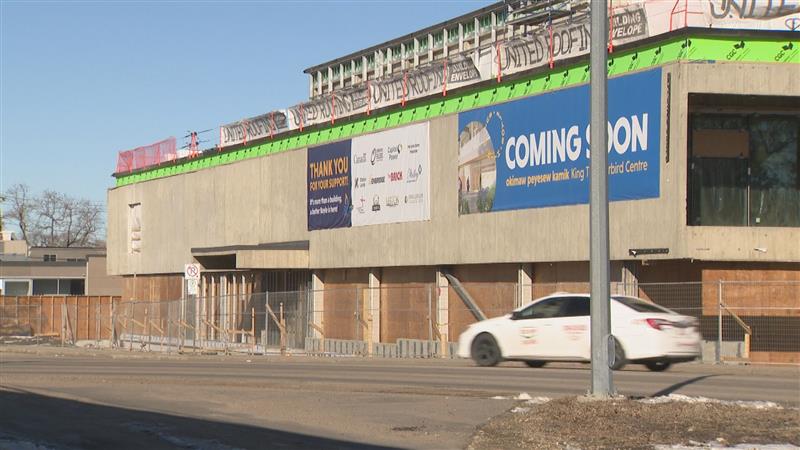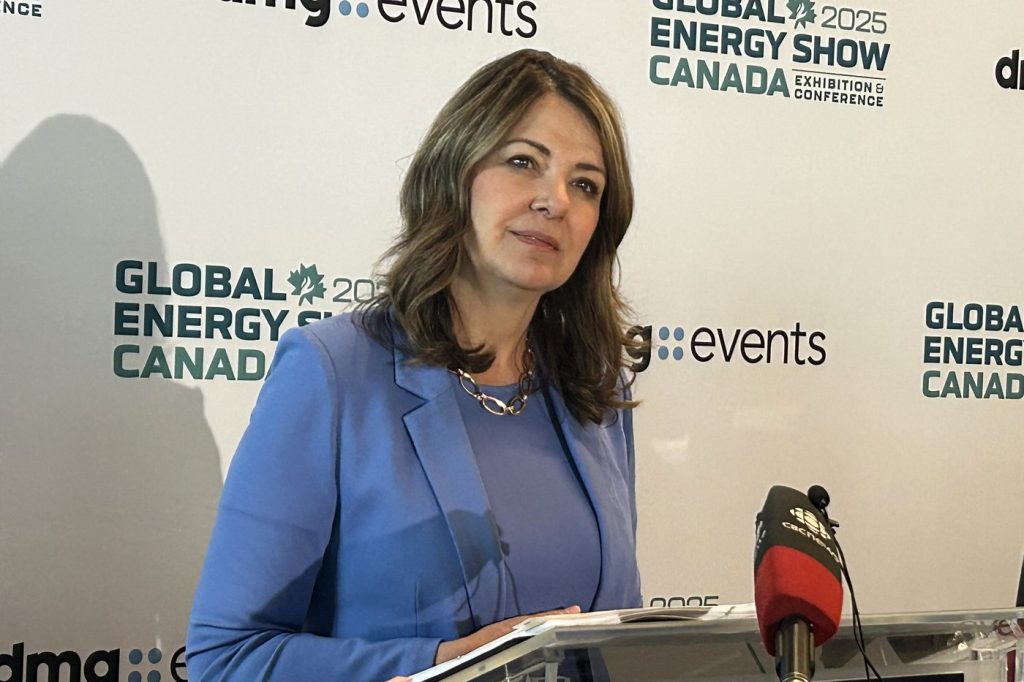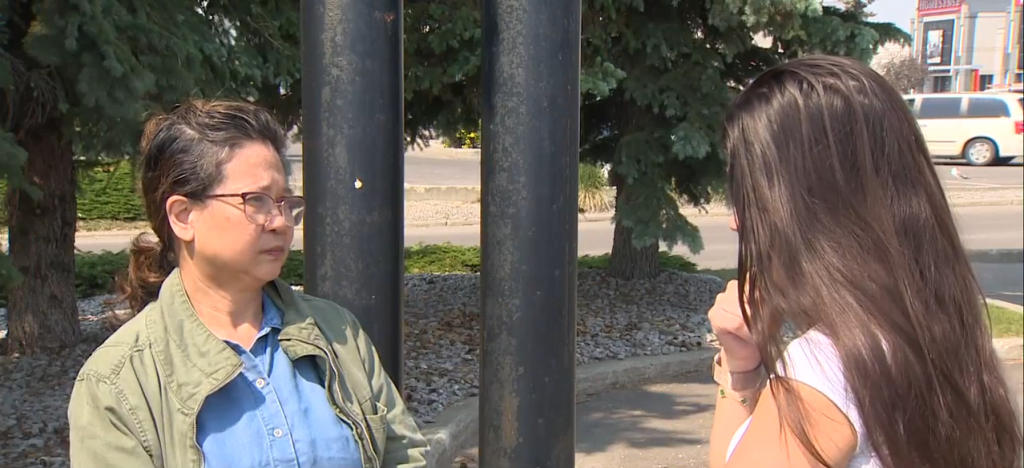Alberta mother of five praises federal dental benefits, but feels there’s room for expansion

Posted December 12, 2023 12:48 pm.
An Alberta mother of five receiving existing federal dental benefits is applauding Canada’s new dental insurance plan.
Ottawa launched the new federal dental-insurance plan for low- and middle-income Canadians Monday morning.
The program will be phased in slowly over the next year.
Alberta’s Breanna Brown says federal interim dental benefits have already allowed her family to access dental care.
“Without the benefit, we would have never gone to the dentist,” Brown said. “I mean with the cost of living right now, the last thing any parent is going to put on their list is go to the dentist.”
That changed when Brown became eligible for federal dental benefits, something she says made an instant impact on their lives.
“The last checkup we had, the dentist told us, ‘look, we love you guys, but you have healthy mouths now and we don’t want to see you for six more months,’” Brown recounted. “And I’ve never heard that before – I’ve always had dental issues.”
BACKGROUND: Seniors over 87 can apply to join federal dental plan starting next week
Seniors over the age of 87 will be the first cohort that can apply to the new plan, which is budgeted to cost $13 billion over the next five years.
The program is aimed at people with an annual household income under $90,000 who don’t have access to private insurance.
Eligibility will be slowly expanded over the course of 2024 to include all qualifying seniors, children under the age of 18 and people with disabilities.
Once eligibility is expanded to all qualifying Canadian residents in 2025, it will be the government’s largest social program.
More coverage needed?
Brown called the program a huge step forward but says there’s still room for expansion.
“I think dental care, which includes braces, oral surgery, all those types of things need to be covered,” the Alberta mom said. “Yes it gets us into the chair, but we also need more funding to cover what the issues are we come to find out once we’re in the chair.”
Public health-care advocates in Alberta are also applauding the move, saying it’s a huge help for low-income Albertans or those on provincial assistance.
“Basically if you’re on something like AISH (Assured Income for the Severely Handicapped), the programs will work together to cover your needs,” said Chris Gallaway, the executive director of Friends of Medicare. “That’s something we’d have to see the details of. If there’s a co-pay, the federal government would cover that portion.”
The Alberta Dental Association called it a huge step forward in treating dental care as health care, saying more access to dental services and more education could clear up some backlog in the province’s emergency rooms.
“If through all our channels, we’re able to educate all the population that you don’t go to the emergency for a dental problem, you go to a dental office, from an economic standpoint, the costs are significantly less to be seen at the dentist than go through an emergency room,” said the association’s president Dr. Bruce Yaholnitsky.
Yaholnitsky says there are still questions around how the program will roll out, including how administration will be handled, patient choice, as well as what will happen with dental schools.
“Dental schools have been a real reason for some people to get their dental work done at a lower cost,” he said. “If all of a sudden that pool of patients dries up, where are those dental schools supposed to go?”
In an email to CityNews, Alberta’s health ministry says it urged Ottawa to expand existing provincial public dental programs instead of creating a new program.








